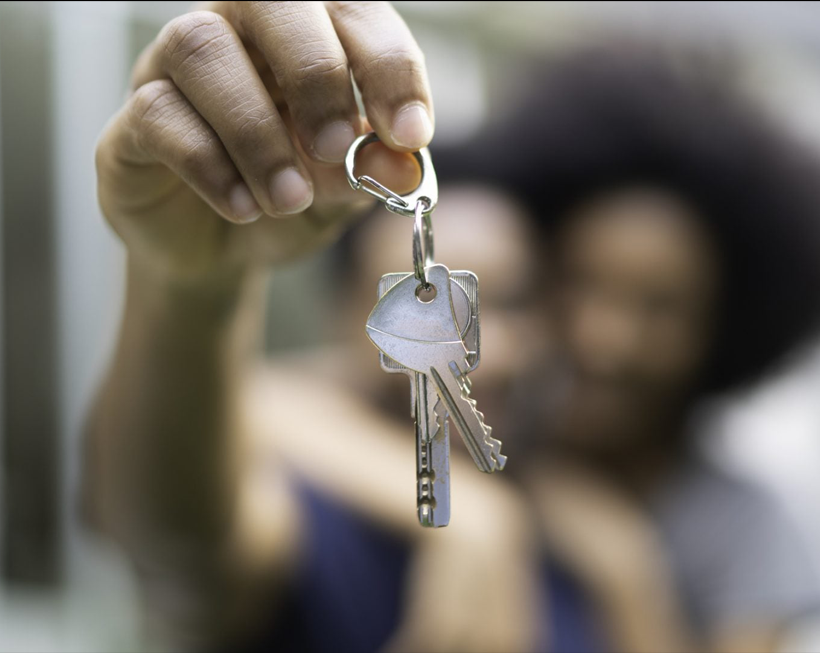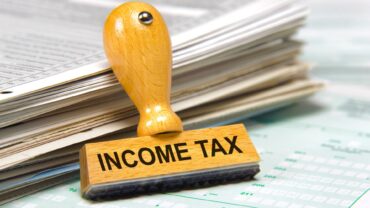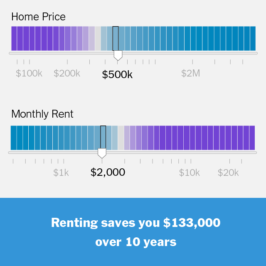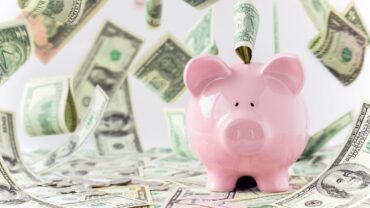This article originally appeared on Essence.com.
Home ownership may seem like something that’s only afforded to the wealthy or those that have a lot in savings; however, it may be more accessible than you think. In addition to the security of shelter, there are many reasons one would want to own a home including equity, tax advantages, and building credit.
However, when you make the decision that you want to buy a home, where exactly do you start? To get the best tips and mistakes to avoid, we spoke with former New Jersey Secretary of State DeForest Soaries, Jr., who is the author of several financial freedom books as well as the founder of the dfree® Financial Freedom Movement, which teaches individuals how to become debt-free as a first step toward financial freedom. Soaries, who is also a Reverend, has over 3,000 churches and organizations utilizing his method.
When it comes to buying a home, there are three things you should keep in mind: the price of the property, government assistance that can help you access said property, and your overall expenses. Soaries, who authored “Say Yes to No Debt: 12 Steps to Financial Freedom” shares this rule—“One should always purchase a home that is affordable.” It’s important to set a budget in advance and have a realtor who will show you property within this price range. Don’t even bother looking at things above what you can afford—this is not the time to dream. You want something you can afford to live in vs. becoming a slave to your home.
Soaries states, “Housing expenses should not exceed 33% of income,” and adds, “I prefer 25%. Anything above that is unaffordable.” If you are grossing about $48,000/year, which is about $4,000/month, your mortgage all in should be no more than $1,320.00. If you’re not sure how much house or apartment you can afford, use a mortgage calculator to help. This is great research to do even before you go to the bank or credit union for a loan.
The mortgage calculator will ask you for information including your interest rate and your down payment, plus how long you want to take to pay off the loan. Your down payment is how much you are placing in advance toward your property. While many of these sites recommend 20%, not everyone has that amount of cash in savings and that’s okay. Soaries recommends, “People with low incomes who desire to become homeowners should enroll in a HUD certified First Time Homebuyers program that offers counseling and down payment assistance.” Through these programs, first time homeowners can put down as little as 3%. If you are buying a $100,000.00 property, $3,000.00 is a lot more affordable than $20,000.00. You’ll also feel more confident knowing the inner workings of the home buying process. Soaries explains, “These programs will assist with understanding how much one can afford to spend on housing and identify the best financing option available.”
In an addition to attempting to purchase too expensive of a property, Soaries reveals that homebuyers also make the rookie mistake of “having insufficient funds in savings for emergencies.” Even before you consider purchasing property, you should have six months of expenses saved—in case something happens, like losing your job, you want to be able to financially float yourself until you find a new source of income. Lastly, Soaries recommends looking at your debt. He explains that you want to “minimize your debt to income ratio.” This means figuring out how much of your monthly gross income goes toward paying off things like your student loans, credit cards, car payments, etc. Lenders want to see less than 36% of your income going toward paying debt. Think big and purchasing a home can actually help you live mortgage-free and lower your debt.
Soaries advises, “Lower and median income home buyers should consider buying two, three, or four family homes. The money that tenants will pay the owner can contribute significantly to the cost of living of the owner.” If the multi-family home is not exactly your “dream home,” it can be an investment for future property. You can use the equity to help you property access money for the home or apartment you actually desire.
Education is key when it comes to home buying. It can feel like a daunting task but know it’s doable. Ensure that you are well aware of your finances so you are empowered in what you can purchase. There’s ton of free help that can assist you in making this financial purchase (so use it!) and lastly, remember to look at your debt. Don’t be afraid of it. With these tips, you’re now on your way to buying your first home!






